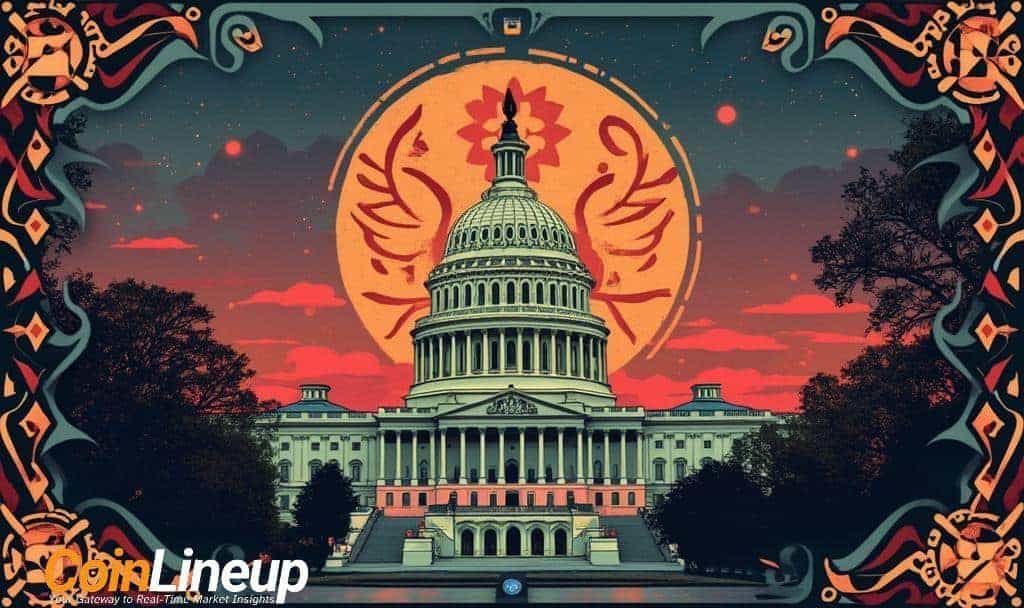- Congress recess leaves crypto bills undecided.
- Leadership aims to address future of digital currency.
- Potential impacts await Senate deliberation.

The unresolved status of crypto and CBDC bills presents uncertainty. Cryptocurrencies’ legal framework implications remain awaited.
Progress Stalled in Senate
The U.S. House passed three landmark bills regarding crypto and CBDCs, but their path through the Senate remains uncertain as Congress enters its recess. These include stablecoin regulation and anti-CBDC measures proposed by key leaders.
“A fundamental choice is at stake about the future of money in America—a choice between privacy and government control. Whip Emmer’s Anti-CBDC Surveillance State Act safeguards the privacy of Americans by prohibiting the creation of a Central Bank Digital Currency in the United States.” – Rep. French Hill, Chairman, House Financial Services Subcommittee on Digital Assets
President Donald Trump and Rep. French Hill are significant figures in this movement, pushing bills like the GENIUS Act. Opposition from Democrats may hinder further progress, especially concerning privacy and consumer protections.
Impacts on Crypto Industry
The lack of Senate reconciling leaves industries in anticipation. Enterprises and developers await vital Senate decisions that might affect crypto operations. Uncertainty surrounds financial strategies until the legislative path clears.
Key crypto and CBDC bills pending decisions as Congress pauses could reshape the crypto market, directly impacting stablecoin and market regulation, legislation awaiting Senate, and central bank opinions. The extent depends on the final outcomes in Congress.
Global Influence and Future Considerations
The emphasis on privacy and innovation under current proposals may inspire other nations to contemplate similar frameworks. However, U.S. developments remain crucial as Senate evaluations are pending upon their return.
Regulatory shifts may transform market structure, potentially increasing clarity around asset classifications. Historical patterns show Congressional scrutiny precedes substantial market infrastructure adjustments. Lawmakers remain committed to examining balancing consumer interests and innovation.